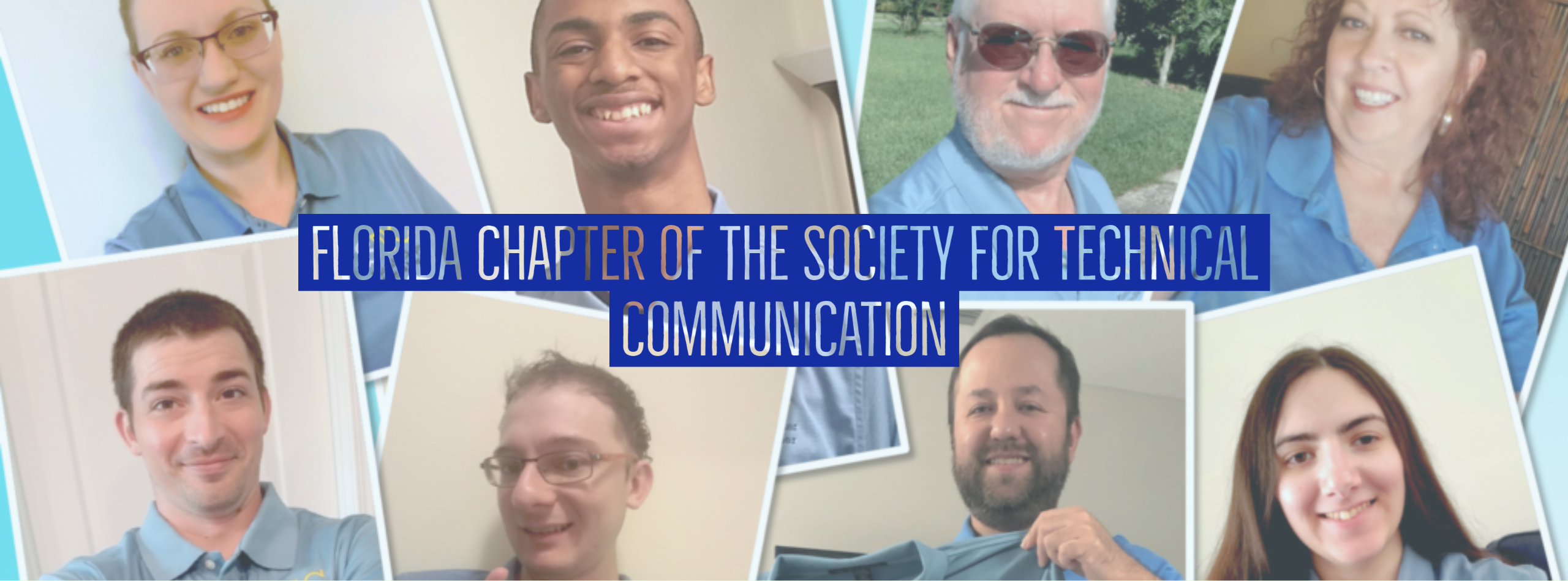Mentoring is a way for more experienced technical communicators to share their experiences with new or less experienced “mentees.” A mentor acts as a trusted counselor, or guide, who assists the mentee in setting and achieving goals for developing career direction and skills.
By participating in a mentor/mentee relationship, mentors develop valuable skills that can further their personal and professional development as well.

The relationship between mentor and mentee* requires honesty, openness, commitment, and effort by both individuals. If they are willing to put forth the effort, there are enormous benefits to be realized.
In a mentoring relationship, mentor and mentee:
- Identify objectives, goals, and developmental needs.
- Define and establish a plan to accomplish mentee goals.
- Meet regularly in person or via phone or email to review and evaluate progress.
A successful mentoring relationship benefits those involved through increased confidence and a sense of direction. The relationship provides a risk-free learning environment in which to offer career guidance.
Mentoring relationships can develop between individuals within an organization, between individuals in two different organizations, or between students and STC professionals.

Mentoring is NOT:
- Casual advice
- Necessarily for everyone
- On-the-job training
- A guarantee of a successful career
*For our purposes, we have adopted the term mentee instead of protege. Not all lexicographers have swallowed that coinage yet, but we believe it is a matter of linguistic reality at this point. To any linguistic purists who take umbrage, deal with it! 🙂
Suggested Reading
- Lori Allen and Dan Voss, 1997. “Mentoring Pairs Experts with Novices to Promote Growth,” from Chapter 12 of Ethics in Technical Communication: Shades of Gray, John Wiley and Sons. Excerpt available from Dan Voss, STC Florida Chapter, Education Committee Manager-Retired.
- Larry Ambrose, 1998. A Mentor’s Companion, Perrone-Ambrose Associates, Ltd.; available at https://www.amazon.com/exec/obidos/ASIN/0967008301/qid%3D1060128446/sr%3D11-1/ref%3Dsr%5F11%5F1/102-0052852-1936917.
- Gail Lippincott and Dan Voss, 2001. “Leveraging Resources: How an STC Chapter Can Support Education in Its Community and Professional Development for Its Members,” see section titled “Instituting Mentoring Programs, Technical Communication, Vol. 48, No. 4, November, 2001, pp. 449-464 (mentoring section, pp. 457-458), Leveraging Resources.
- Rita W. Peterson, 1989. Officials Mentoring Handbook, available at https://www.usatf.org/groups/officials/files/resources/officials-training/officials-mentoring-handbook.pdf.
- Society for Technical Communication, 2002. Guidelines for Mentoring Programs, AD-109-02.
- Bonnie Spivey and Dan Voss, 2003. Bridging the Gap Between Industry and Academe: Orlando Chapter and UCF Launch Mentoring Program, in Florida Chapter’s Memo to Members, July/August, 2003.
